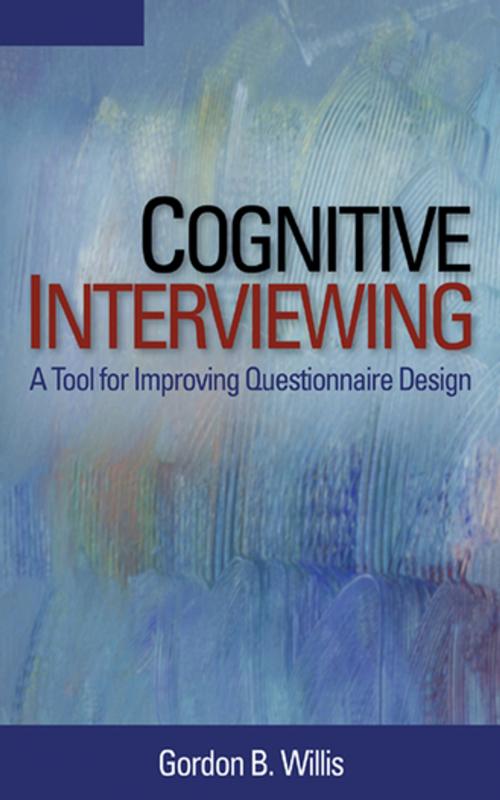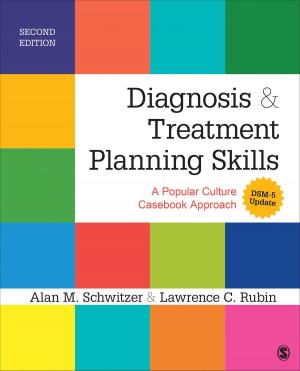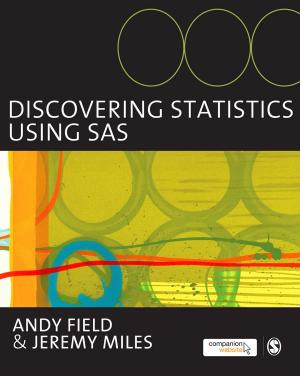Cognitive Interviewing
A Tool for Improving Questionnaire Design
Nonfiction, Reference & Language, Reference, Research, Social & Cultural Studies, Social Science| Author: | Gordon B. Willis | ISBN: | 9781483389301 |
| Publisher: | SAGE Publications | Publication: | September 14, 2004 |
| Imprint: | SAGE Publications, Inc | Language: | English |
| Author: | Gordon B. Willis |
| ISBN: | 9781483389301 |
| Publisher: | SAGE Publications |
| Publication: | September 14, 2004 |
| Imprint: | SAGE Publications, Inc |
| Language: | English |
The design and evaluation of questionnaires—and of other written and oral materials—is a challenging endeavor, fraught with potential pitfalls. Cognitive Interviewing: A Tool for Improving Questionnaire Design describes a means of systematically developing survey questions through investigations that intensively probe the thought processes of individuals who are presented with those inquiries. The work provides general guidance about questionnaire design, development, and pre-testing sequence, with an emphasis on the cognitive interview. In particular, the book gives detailed instructions about the use of verbal probing techniques, and how one can elicit additional information from subjects about their thinking and about the manner in which they react to tested questions. These tools help researchers discover how well their questions are working, where they are failing, and determine what they can do to rectify the wide variety of problems that may surface while working with questionnaires.
The design and evaluation of questionnaires—and of other written and oral materials—is a challenging endeavor, fraught with potential pitfalls. Cognitive Interviewing: A Tool for Improving Questionnaire Design describes a means of systematically developing survey questions through investigations that intensively probe the thought processes of individuals who are presented with those inquiries. The work provides general guidance about questionnaire design, development, and pre-testing sequence, with an emphasis on the cognitive interview. In particular, the book gives detailed instructions about the use of verbal probing techniques, and how one can elicit additional information from subjects about their thinking and about the manner in which they react to tested questions. These tools help researchers discover how well their questions are working, where they are failing, and determine what they can do to rectify the wide variety of problems that may surface while working with questionnaires.















